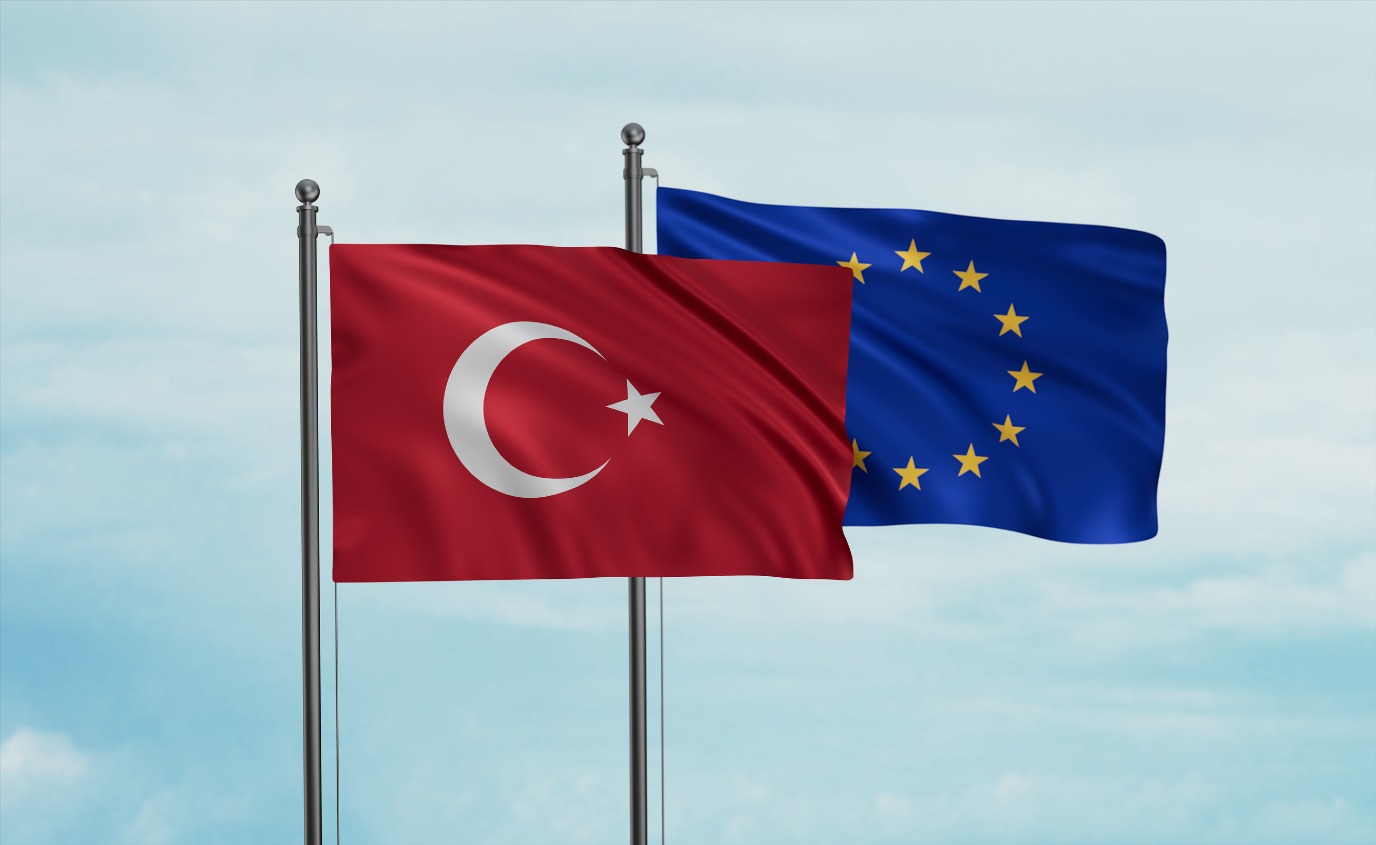Turkey and the EU: an increasingly difficult relationship

For years, Turkey has been labelled a bridge between the ‘West’ and ‘East’. However, the relations between Turkey and the EU have frequently been under pressure in the last few years. In his PhD research at the University of Groningen, Erdogan Aykaç shows both the Turkish and the European perspective on various topics, such as migration, energy security, terrorism, and relations with the Middle East. According to Aykaç, members of the European Parliament (MEPs) have difficulty embracing Islam and Ottoman history as a part of Europe, and they consider the country less and less to be a potential EU member state and more a strategic partner.
The inspiration for the ‘bridge metaphor’ mostly stems from Turkey's geographical location, a literal link between Europe and Asia. It often remains unclear what exactly this bridge function entails. Erdogan Aykaç's PhD thesis shows how political elites shaped Turkey’s geopolitical role, identity, and nation by making use of the bridge metaphor in the Turkish parliament from 1987 to 2017. Aykaç, who defended his thesis on 21 November, illustrates how the bridge metaphor gives meaning to Turkish geography, history, and culture but also how it unites ‘opposite’ identities — the ‘West’ and the ‘East’ — and constructs Turkey's ‘in-between position’.
One of Aykaç’s conclusions is that references to Islam and the Ottoman Empire are not new and cannot only be attributed to President Erdogan’s AK Party. The current government is, however, more assertive and gives more weight to Turkey’s role and ambitions concerning the region and the rest of the world. Aykaç's research shows this shift but also the challenges that come with it. Although the MEPs recognized the Turkish multidimensional identity in the investigated period, they struggled to accept and unite the diverse components of this identity. Islam and the Ottoman Empire were seen as ‘oriental’ and, in some cases, as a threat to the European identity. Aykaç: ‘The difficulty MEPs have with embracing Islam and Ottoman history as a part of Europe raises the question of what this means for Muslim communities in EU member states and Muslim-majority Balkan countries aspiring to join the EU.’
The research also shows that, over time, MEPs approach Turkey less as a potential EU member state and more as a strategic partner to cooperate with on key issues in the areas of energy security, migration, and the fight against terrorism. Aykaç: ‘This trend also shows the EU’s failure to influence Turkey in terms of democratization and human rights.’
More information
| Last modified: | 21 November 2024 3.24 p.m. |
More news
-
24 March 2025
UG 28th in World's Most International Universities 2025 rankings
The University of Groningen has been ranked 28th in the World's Most International Universities 2025 by Times Higher Education. With this, the UG leaves behind institutions such as MIT and Harvard. The 28th place marks an increase of five places: in...
-
05 March 2025
Women in Science
The UG celebrates International Women’s Day with a special photo series: Women in Science.
-
16 December 2024
Jouke de Vries: ‘The University will have to be flexible’
2024 was a festive year for the University of Groningen. In this podcast, Jouke de Vries, the chair of the Executive Board, looks back.
